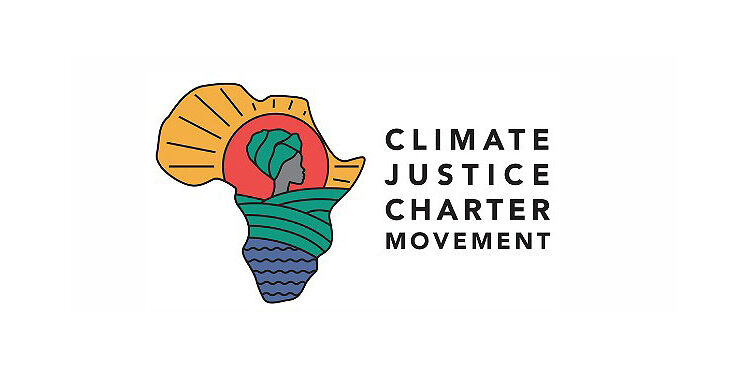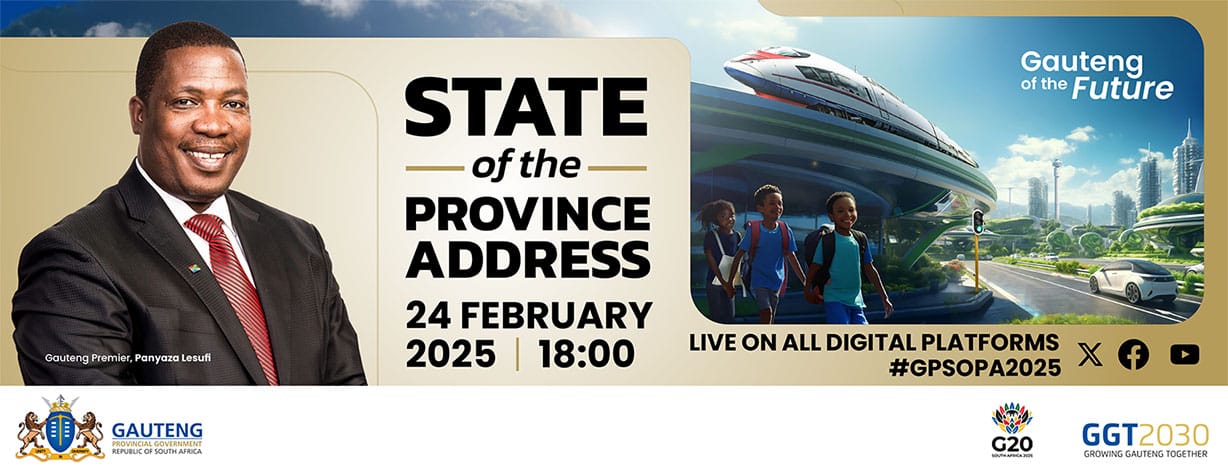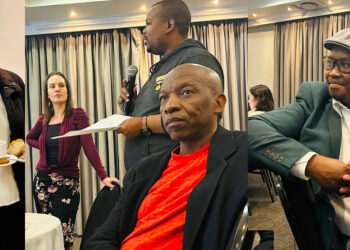The Climate Justice Charter Movement announces its decision to withdraw from contesting the 2024 National Elections. After embarking on what we aimed to be a model campaign, we have faced challenges and reached a critical juncture in our journey.
As enthusiastic participants in the democratic process, we believe in the importance of diverse voices and choices for the electorate. It is in that spirit, that the CJCM sought to register to contest the 2024 national elections to run a model campaign as an anti-party movement. From the outset, the CJCM endeavoured to conduct a campaign driven solely by the dedication of motivated activists rather than established structures. We sought to test the resilience of society, to see what support and funding could be generated organically, and to spark meaningful dialogue around our shared vision of climate justice and systemic alternatives to the ongoing polycrisis that our country faces.
Throughout our campaign, we encountered both successes and challenges. Despite our best efforts, we faced significant obstacles, particularly in navigating interactions with the Independent Electoral Commission (IEC). The challenges we faced in navigating the requirements for party registration have been both daunting and disheartening. These challenges hindered our ability to effectively engage with the electoral process and undermined our confidence in achieving our goals within the established framework. Despite our earnest efforts, we found ourselves caught in a web of ambiguity that hindered our progress and jeopardised our eligibility for the upcoming elections.
We began our process in 2023 having newly formalised our movement’s provincial and national structures. Following this in our efforts to follow the registration process we encountered many difficulties from the IEC not providing updated information online that clarified the requirements for unrepresented parties in line with the recent changes in the Electoral Amendment Act, to the unavailability of written clarification on some of the questions regarding these changes despite attempts on our part to 2 secure these via email and telephone correspondence. It was only through attempts to physically request clarification at the IEC offices that accurate and clear information for new entrants was sufficiently provided.
We understand and respect the necessity of robust processes to ensure the legitimacy of political parties. However, the lack of transparent guidelines and accessible support channels has left us, and likely many others, struggling to meet the criteria required for official recognition. This situation not only undermined our democratic aspirations but also limited the choices available to the electorate. We must also convey our deep disappointment that given the constitutionally mandated timeframe in which the election could have been set, the given date does not fall within the range of allowing the number of major changes in the electoral process to be resolved in a manner which would genuinely allow these elections to be seen as free and fair, without privileging incumbents at the expense of new entrants. We believe that given the current time frames, these elections are at risk of falling short in their ability to be truly “free and fair”.
Given the unevenness in the changes of this moment, we humbly requested clear guidelines from the IEC be shared so that we could be granted the opportunity to fulfil these requirements and partake in this democratic process. We believe that the IEC failed in their duty as an independent mediator to sufficiently play their role in engaging with all actors with the necessary fairness, particularly unrepresented parties. With the momentum we had gathered since the initiation of our campaign, we were confident our inclusion in this democratic process would strengthen the democratic landscape by fostering inclusivity and diversity in the perspectives on offer in this year’s elections.
While we may be withdrawing from this particular contest, our commitment to our broader objectives remains steadfast. We are committed to continuing to move forward with our work as an anti-party movement, within the formal structures of the electoral process for future elections but also in furthering our work as a grassroots movement outside the landscape of political party structures. We have met the threshold of 1000 signatures for the deed of foundation to register as a party and are currently finalising our registration process with the IEC so that we may be eligible to contest future elections. We have also gathered 3000-4000 signatures and received donations in the second round of fulfilling the requirements to appear on this year’s ballot. But unfortunately, time has not been on our side given the timeframe in which information on the necessary thresholds was given.
South Africa is in a deepening polycrisis – hunger, unemployment, climate shocks, and a failing criminalised market democracy. These realities prompted us to rally behind the slogan “For A Just and Livable South Africa”. We believe and still believe that 3 foregrounding the climate crisis as an entry point into the poly-crisis enables us to accelerate the deep just transition in communities, workplaces, sectors and the state in a manner that gets all to own the challenges and systemic solutions. This is the only way for climate justice struggles to proceed and achieve a social tipping point. Our tactic, to place the climate crisis on the ballot, was consistent with this strategic approach but more work will be done bottom-up as we deepen the process of building the Climate Justice Charter Movement and advance our strategies of:
1. Building a global climate justice bloc for a just world peace, Earth Democracy and Climate Justice Deal for Africa
2. Working towards people and worker-driven just transitions for a Climate Justice Deal and Climate Emergency State
3. Transforming South Africa’s criminalised market democracy and advancing deep democracy for deep just transitions
4. Building a new political instrument by building a mass-based people and worker-driven Climate Justice Charter Movement (CJCM).
As we go forward, the CJCM as an anti-party movement will issue a climate justice critique of political parties, launch a climate emergency policy platform and continue rolling campaigning for systems change in the mainstream of society. For the next few months, we call on society, activists and allies to support the South African Food Sovereignty Campaign’s (SAFSC) ten-year celebrations including dialogues on a revised People’s Food Sovereignty Act, activist schools, water stress communities audit, a conference on Food as Commons and a protest outside parliament on World Food Day, October 16.
We extend our heartfelt gratitude to the dedicated activists and supporters who have stood by us throughout this journey. Your passion and determination have been the driving force behind our efforts, and we are immensely grateful for your unwavering support. We also appreciate the engagement and participation of all those who have joined us in this endeavour. While our campaign may be concluding, the connections forged during this time will continue to inspire and shape our collective efforts towards positive change. Moving forward, the CJCM will continue to work tirelessly towards our pluri-vision, seeking new avenues for advocacy and growing our movement. We remain committed to building a more just, inclusive, and equitable society for all. Sincerely, The National Convening Committee of the CJCM
Soweto Sunrise News


































